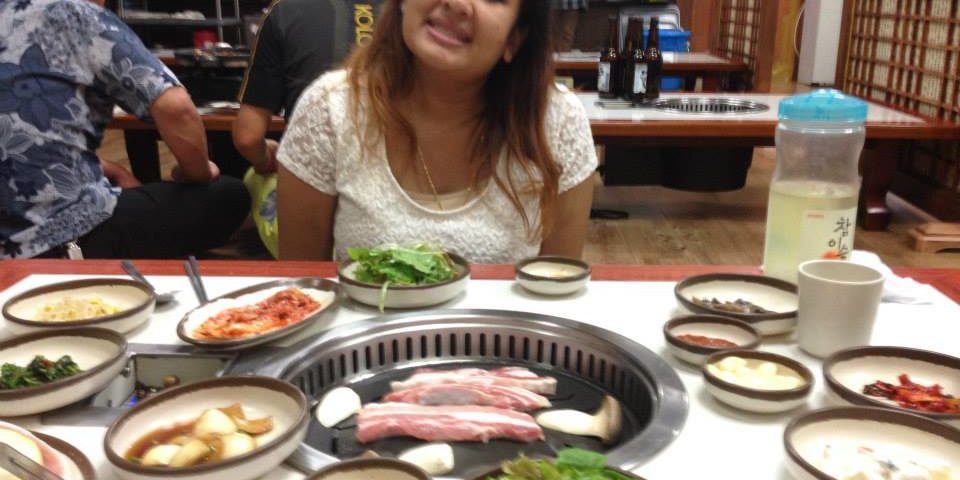Being Asian American (non-Korean) in Korea

Maybe I’ve noticed it just a little more these days, or I may just been asked more these days from people I meet when I’m out the question: “Where are you from?” and then an array of Southeast Asian countries comes pouring out their mouths, “Thailand?” “Philippines?” “Vietnam?” “Malaysia?” “Singapore?” and I always answer them in Korean “아니미국사람” translated “No, I’m American.”
Don’t get me wrong, I’m very proud of my Thai heritage and culture, which has played a large role in shaping the person that I am today. Back home, I’ve always stressed about being Thai when meeting new people. And I do identify as being Thai American. But I’m very much American too, I hold the views and customs that most of the American youth growing up and being raised in Southern California by immigrant parents do. My parents along with my aunts and uncles tried their best to “integrate” American culture to our lives, but at the same time upholding to our Thai traditions. And I’m glad that they did.
When most Koreans think of an American they think of someone that is tall with fair skin, blue eyes and blond hair: not me. I have a darker completion compared to Koreans, short with dark hair. So when I tell Koreans that I’m American they give me a strange look because I don’t fit into this image of what an American looks like to them. Then there’s an awkward silence and I explain to them that my parents are from Thailand but I was born and raised in America.
The next automatic question that comes from them is “What are you doing in Korea?” Once again I answer them in Korea “저는영어쌤.” And it makes a little more sense to them. There responds are just about the same every time “ahh English teacher! Very good!”
I’m not sure what I was expecting when it came to this topic of how I identify myself. I’ve never had to reassure people that I was from the states and that I can speak English. When it comes to speaking to the locals I do try my best to use my broken Korean with them. I often get complimented at how good my Korean or that I sound cute when speaking. Is it just me or do other people do it too? When I speak Korean my intonation goes up at least that’s what I’ve noticed. But I do understand a great deal of the conversation, it’s just hard for me to but into Korean my responds or my question because I’m not sure how to or I’m scared of making a fool of myself when speaking.
I know that my Korean American friends experience the same things I do but differently. Does that make sense? For example, being about to speak Korean. Most of my Korean American friends here are expected because they’re Korean to know how to speak Korean. It’s almost like a double standard for them. When they do speak Korean and it’s not up to par with what the locals are expected they’re “looked down” for not being able to speak Korean well, but they were expected to speak Korean in the first place. Almost the same kind of feel I have when I go back to Thailand and use my Thai with my family or with the locals there. I feel like in a way they’re trying to say, “We’re better than you. Because you can’t speak (insert language here) well and you’re (insert nationality here) too. Didn’t your parents teach you anything about being (insert nationality here)?” Which is when I signal to my sister that we should go eat some ice cream instead of standing there being criticized for being raised in the States.
Any who, just a little rant. But I think that it’s something that was necessary for me voice out. On a happier note I’m on my last week of winter camp till my winter vacation!
So much more next time
xoxo